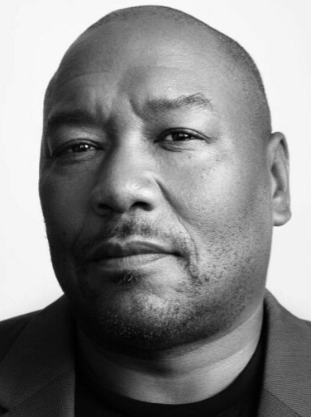How do you build trust with incarcerated clients? Exonerated jailhouse lawyer has ideas

Image from Shutterstock.
Attorneys often expect incarcerated clients to lie and vice versa, says Derrick Hamilton, who served more than 20 years of a second-degree murder sentence. Those outlooks don’t help build good attorney-client relationships, according to Hamilton, who now works with students at the Yeshiva University Benjamin N. Cardozo School of Law’s Perlmutter Center for Legal Justice.
Hamilton, the deputy director of the clinic, says a good way for lawyers to build trust with incarcerated clients is recognizing that for some case details, such as what a certain neighborhood is really like, clients probably have a better sense of things than the counsel.
He also advocates finding wraparound services for clients when necessary and says no matter how much lawyers want to help clients, the work is limited by what the clients are willing to do for themselves.
After serving more than 20 years for second-degree murder, Hamilton’s conviction was vacated and dismissed in 2015, after the Brooklyn, New York, district attorney’s conviction integrity unit concluded that he was innocent of all charges.
Send ideas for future episodes to ABA Journal Senior Writer Stephanie Francis Ward.
See also:
ABAJournal.com: “One-time jailhouse lawyer creates legal jobs program for the formerly incarcerated”
ABAJournal.com: “Are jailhouse lawyers beneficial or bad for the system?”

Apple | Spotify | Google Play
.png)
In This Podcast:

Derrick Hamilton
Derrick Hamilton works as the deputy director of the Yeshiva University Benjamin N. Cardozo School of Law’s Perlmutter Center for Legal Justice. He earned a high school equivalency diploma while incarcerated at the Elmira Correctional Facility in New York and also took a legal research class there. After serving more than 20 years for second-degree murder, Hamilton’s conviction was vacated and dismissed in 2015, after the Brooklyn, New York, district attorney’s conviction integrity unit concluded that he was innocent of all charges.



